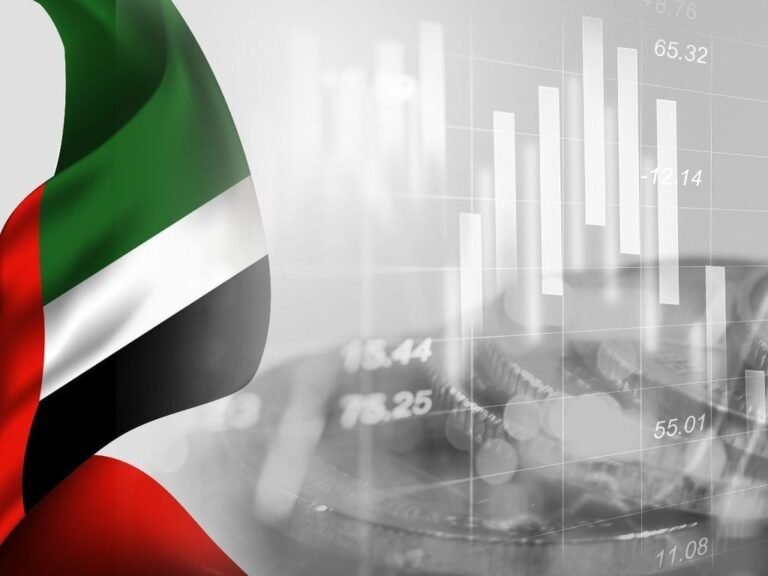The UAE’s Islamic finance sector benefits from a dynamic economy and advanced regulations supporting Sharia-compliant activities. Since the establishment of the first Islamic bank in 1975, the sector has significantly grown, now representing a vital part of the national economy. It includes Islamic banks, Islamic windows in conventional banks, and sukuk (Islamic bonds), all of which have expanded both domestically and internationally.
The UAE is committed to developing policies and legislation that enhance Islamic finance and the broader Islamic economy. These efforts align with national goals for sustainable growth and establishing the UAE as a global Islamic economy hub.
In the 2022 State of the Global Islamic Economy Report, the UAE ranked among the top three Islamic economies for the third consecutive year. It also ranked fourth globally in Islamic financial markets by assets in the 2023 Islamic Finance Development Indicator (IFDI).
By September 2024, Islamic banks represented approximately 22 percent of the UAE’s total banking credit, with investments reaching AED 152.3 billion. Fitch Ratings projects that Islamic banks in the UAE will grow faster than conventional banks in the medium term.
The CBUAE study found that 79 percent of Islamic banks in the UAE have sustainability strategies, with 74 percent approved at the board level. Since 2019, the issuance of Green Sukuk has contributed to growth in sustainable financing, with the UAE ranking second globally in outstanding sustainability Sukuk.
Sukuk and bond issuances grew by 13.1 percent year-on-year, reaching US$294.4 billion by Q3 2024, with sukuk accounting for 20 percent of the total. UAE debt capital markets are projected to exceed US$300 billion by the end of 2024. The UAE also holds 6.6 percent of the global sukuk market. S&P Global Ratings expects continued growth in Islamic finance, supported by the strong non-oil economy.


